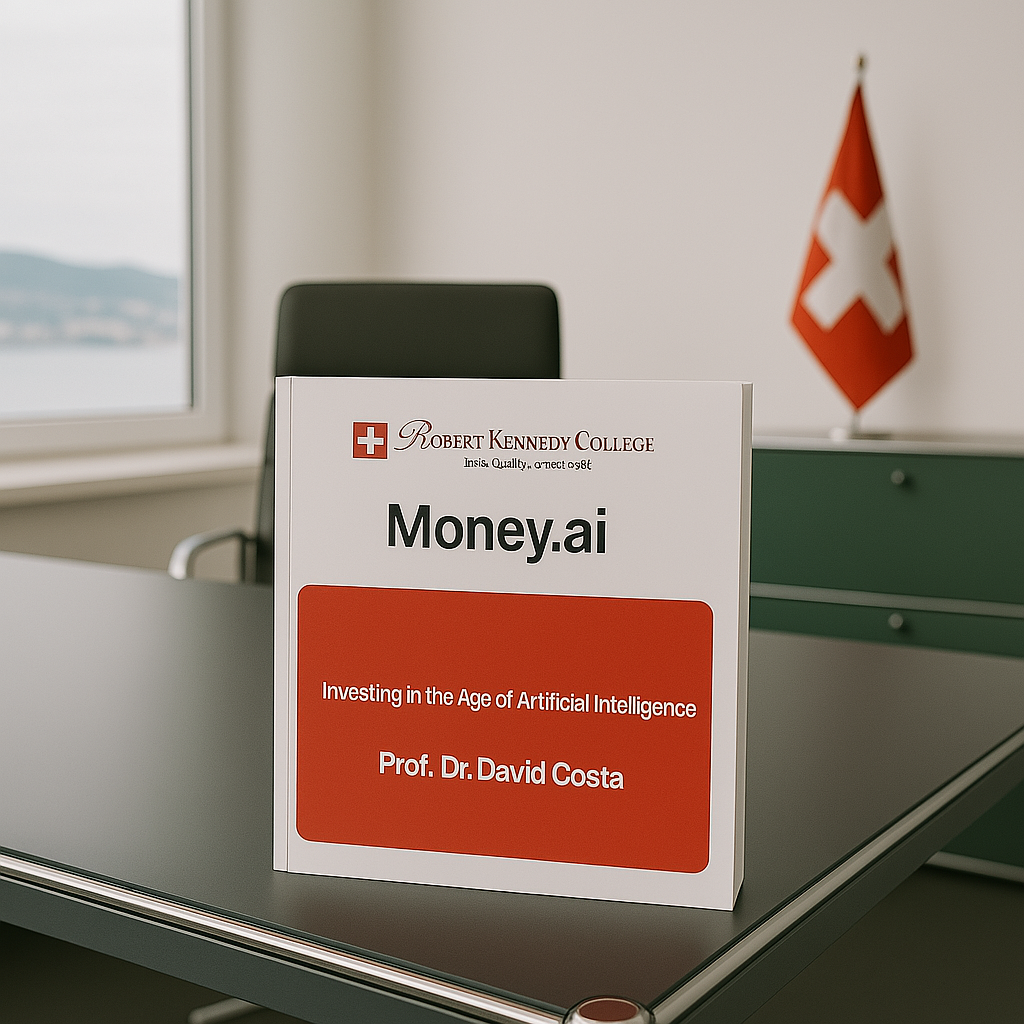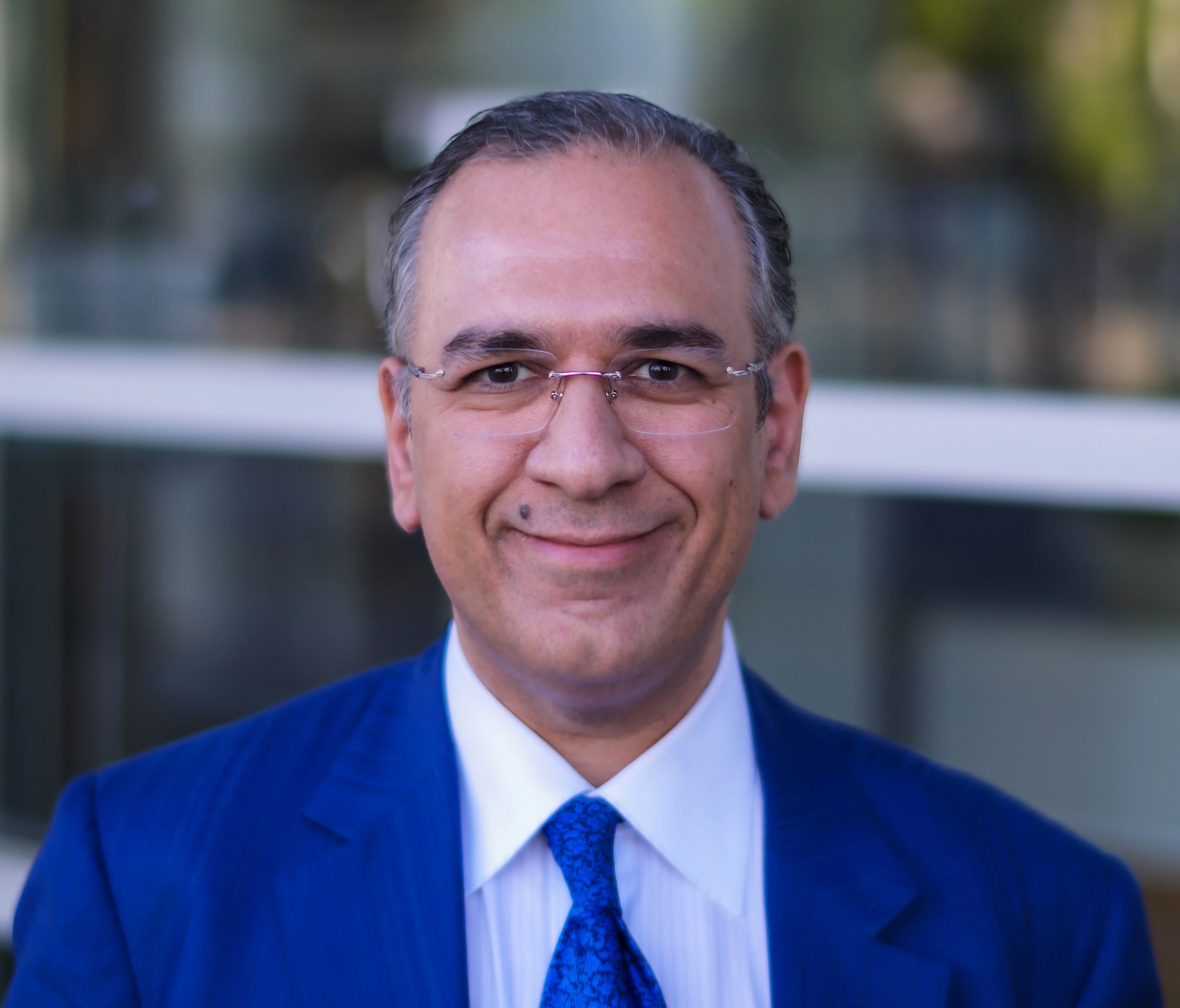Money.ai
Prof.Dr. David Costa

About the Book
Money.ai stems from my earlier textbook, The Portable Private Banker, used by hundreds of MBA and MSc students. The world of investing has undergone a profound shift with the rapid emergence of artificial intelligence (AI). Yet, despite these changes, this new edition preserves its central philosophy: investing through exchange-traded funds (ETFs).
This textbook is available to students at Robert Kennedy College.
Preface: 2nd Edition Highlights
Money.ai originates from my earlier book, The Portable Private Banker, used by hundreds of MBA and MSc students. Rapid AI advancements have reshaped investing, yet my guiding principle remains steadfast: prioritize exchange-traded funds (ETFs).
Why a New Edition? In today's data-driven, cost-conscious climate, this second edition expands upon:
• AI Integration: Explore money.ai, an on-demand AI resource that answers questions about the book's content.
• Modern Investment Platforms: Understand how digital-first brokers lower fees and friction—sometimes with AI insights.
• ETF Updates: Delve deeper into broad-market and AI-focused ETFs, reflecting the sector's rapid growth.
How AI Helps (But Doesn't Replace You): While AI can analyze fund overlaps and recommend strategies, human oversight remains crucial. Vague prompts yield generic results, so "trust but verify" any AI-driven suggestions.
Ultimately, my goal is to show how accessible and streamlined investing can be, given the right platforms and a balanced use of AI. Whether automating trades or leveraging AI analytics, today's tools are more powerful—and more user-friendly— than ever.
— Prof. Dr. David Costa
